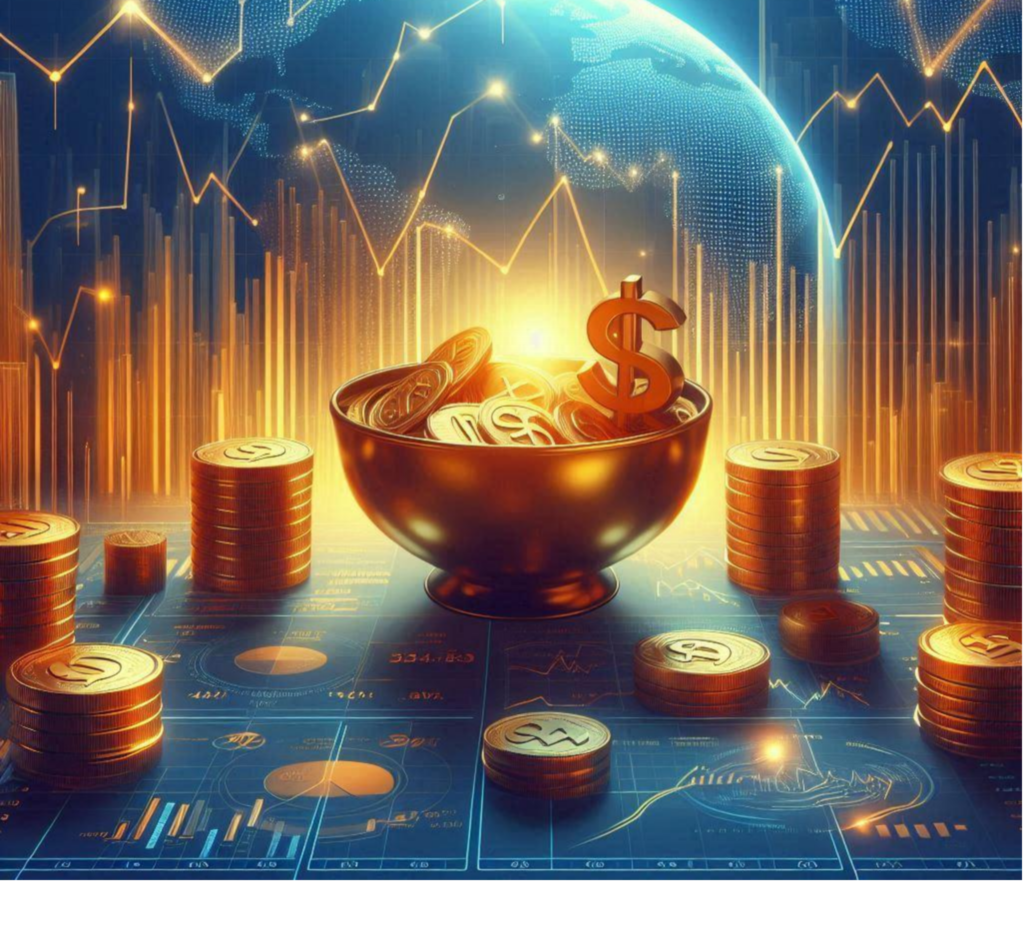13
2024/06
3 Key trading techniques learned from 80 years old Poker King
For most people, playing cards is merely a form of leisure and entertainment. “Dou Dizhu – Fight the Landlord” and “Zha Jin Hua – Golden Flower” are China’s most popular card games.
Poker has been a professional sport abroad, combining intelligence, acting skills, and high physical coordination. The prize money from a single poker tournament can surpass the total winnings of a tennis player who has the most championships in a season. A top poker player’s annual prize money might exceed Cristiano Ronaldo or Lionel Messi’s annual salary!
Moreover, major financial institutions on Wall Street often snap up top poker players before they retire. Why are these professional players turning to Wall Street, and why are they so sought after?

The reason is that both financial trading and poker require intense focus, calmness, a keen sense of numbers, and precise timing.
Renowned traders on Wall Street, such as Jeff Yass, founder of Susquehanna International Group; Aaron Brown, managing director at AQR Capital; and famed quantitative trader James Simons, are all top-tier poker players.
Now over 80, James Simons was fond of playing poker in his youth and treated it as a serious career. He used his gambling concepts from poker to create his own trading model. His hedge fund has an average annual return of 34%, far surpassing peers like Buffett and Soros, earning him the title “King of Quantitative Investing.”
So, what secrets from poker benefit traders and are worth learning? Dr. PIP, from a renowned overseas trading forum, identifies three main reasons:

1. Capital Management
In poker, players try to calculate their bet amounts based on the cards they hold. Similarly, in trading, you aim to increase your profits by risking a portion of your account. In both cases, you must clearly understand the risks needed to stay in the game. Like going “all-in” at the poker table, placing a large bet in a trade can lead to substantial returns or an early exit.
Similarly, poker players analyze calmly which rounds to stay in until the end. These top poker players make selective decisions.
2. Understanding the Opponent
Professional poker players’ strategies largely depend on their opponents. For instance, they use different strategies against amateur players than professional ones. Similarly, it is crucial for traders to understand the characteristics and trends of the trading market (instruments).
Different instruments have different trading strategies. For example, EUR/JPY may be more volatile than EUR/CHF and require a wider stop-loss range.
3. Emotional Control
The best poker players have mastered controlling their emotions. Displaying fear or excitement at the poker table can give away information about their hand. Therefore, they must ensure their faces show no expressions – hence the term “poker face.”
As traders, we must strive to do the same. In some ways, this is easier for traders because we don’t need to hide our emotions physically. However, we must remain internally calm, which parallels maintaining a poker face.

Vanessa Selbst, known as the “Poker Queen,” once remarked: “Poker and trading are alike; the goal of both is to achieve success by any means necessary. Both are numbers games, teetering on a narrow edge. These edges accumulate risk, and if you fall, there’s no slope, just a drop. Only by carefully considering each step can you make big money.”





